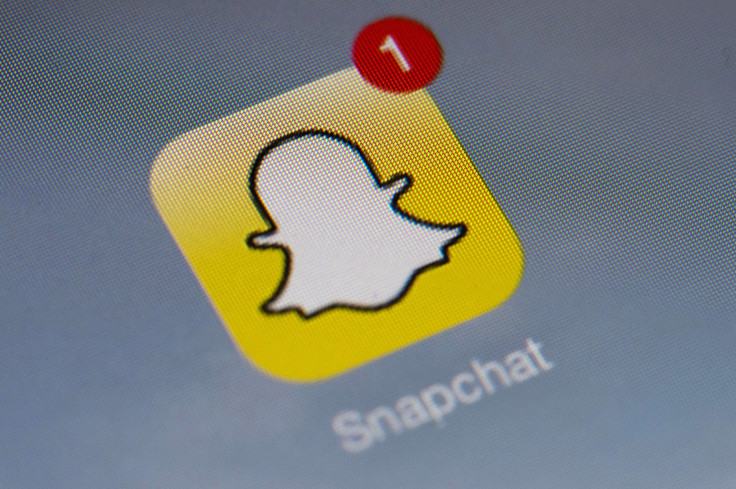Snapchat Bullying Of Muslim Student Saira Ali: School District Admits It Screwed Up Letter

Saira Ali was in the cafeteria at Colonia High School in Woodbridge Township, New Jersey, when another classmate took a video of her and posted it on Snapchat. The video of Ali, who is Muslim, was posted with the caption “Isis” along with a heart-eyed smiley face.
The incident was reported to school officials, and after a four-month investigation, the then-high school student received a letter saying the Woodbrigde Township School District had found no instance of bullying -- this, despite the screenshots of the hurtful message. Ali posted the letter and a response to the ruling on Facebook. It quickly went viral.
This girl lives in the town next to me. Spread this. pic.twitter.com/8eM0xzYeK3
— rebecca (@rebeccugggh) October 26, 2015But according to the superintendent of the school district, Robert Zega, the letter was sent out in error. In an interview Friday with International Business Times, Zega said he became aware of the mistake only when he heard about the letter on social media.
“We sent the wrong letter,” he said. “We checked the wrong box.”
The incident highlights how more incidents of bullying and disputes with school districts regarding those incidents are playing out entirely on social media. In this case, social media was played several roles: It was the means of bullying, the forum where the victim responded, the place where school officials allegedly became aware of their error and the method by which the story became regional and national news. Snapchat, Twitter and Facebook served as outlets for both the aggression and the advocacy.
“[The report of bullying] came to us, we investigated, we called the police right away, we suspended the suspected offender and everything was done correctly,” said Zega. “The problem was when we sent the letter out, it was a clerical error.”
The school board sent a second letter to the student -- whose contents weren’t disclosed -- when they found out about the error on Twitter, according to Zega.
The student didn’t approach him before posting to Facebook, Zega said. But he added that the student and her family have been very receptive and cooperative throughout the whole process. They have been in contact a number of times this week, he said.
International Business Times reached out to Ali, but she didn't resond to a request for comment.
The superintendent claims responsibility for the factually incorrect first letter. While the police didn’t confirm a definite perpetrator, “someone in connection to the incident” was suspended.
“It was a horrible, hateful, cowardly act that somebody did to this poor girl, who’s been very courageous throughout the whole ordeal,” he said.
Throughout the situation, social media users posted messages of support for Ali. Conversely, others sent tweets to the superintendent that included statements such as, “You're a piece of s--- mate. Hope coquelin two foots your first born son,” others called him “trash,” “a joke” and other assorted expletives. It was a fierce show of anger and frustration at yet another instance of bullying in an American high school. Or was it bullying by another name?
© Copyright IBTimes 2025. All rights reserved.





















